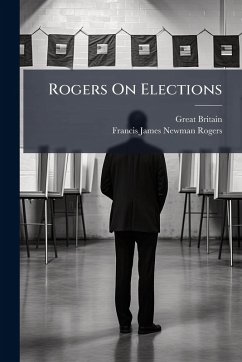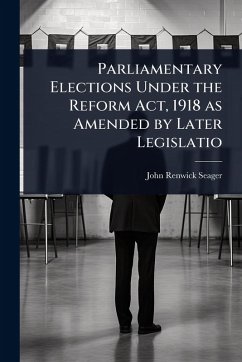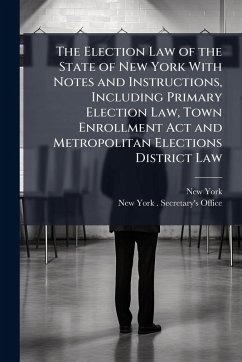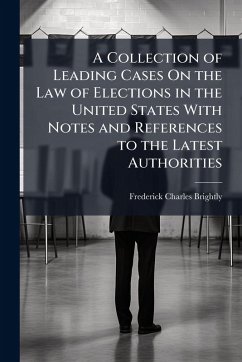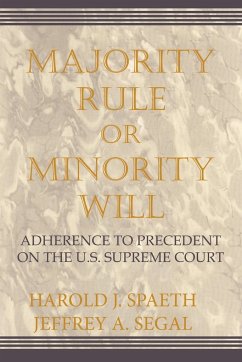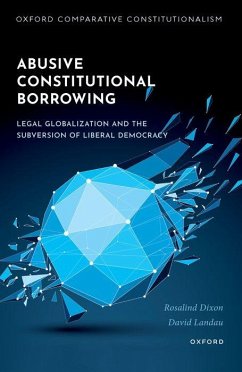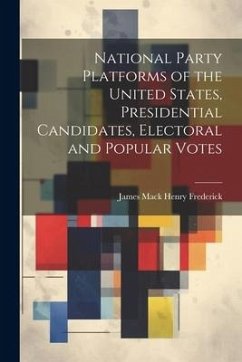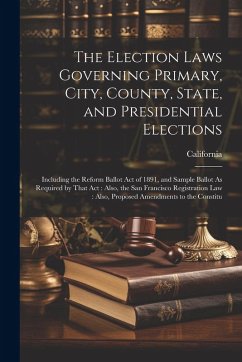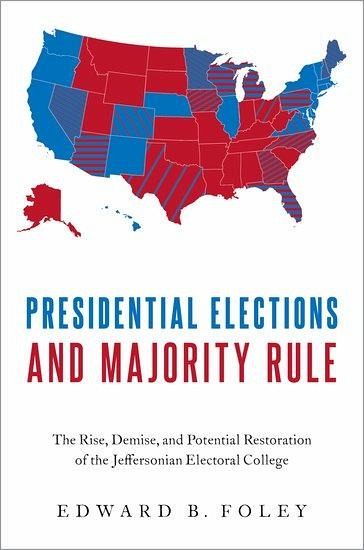
PRESIDENTIAL ELECT & MAJORITY RULE P
Versandkostenfrei!
Versandfertig in 1-2 Wochen
28,99 €
inkl. MwSt.

PAYBACK Punkte
14 °P sammeln!
In his latest book, Presidential Elections and Majority Rule, Edward Foley asks how the American electoral system can better represent the people. What kind of winner truly reflects the nation's votes: the plurality winners of winner-takes-all elections, as currently used, or the majority-preferred winners of a reformed system? How do third-party candidates affect American presidential elections? What, if anything, would change in a two-candidate run-off? And how can electoral reform be implemented without sowing chaos? Ultimately, Foley outlines a solution in which the Electoral College can b...
In his latest book, Presidential Elections and Majority Rule, Edward Foley asks how the American electoral system can better represent the people. What kind of winner truly reflects the nation's votes: the plurality winners of winner-takes-all elections, as currently used, or the majority-preferred winners of a reformed system? How do third-party candidates affect American presidential elections? What, if anything, would change in a two-candidate run-off? And how can electoral reform be implemented without sowing chaos? Ultimately, Foley outlines a solution in which the Electoral College can be restored to its original majoritarian ideals through state law rather than Constitutional amendment.





